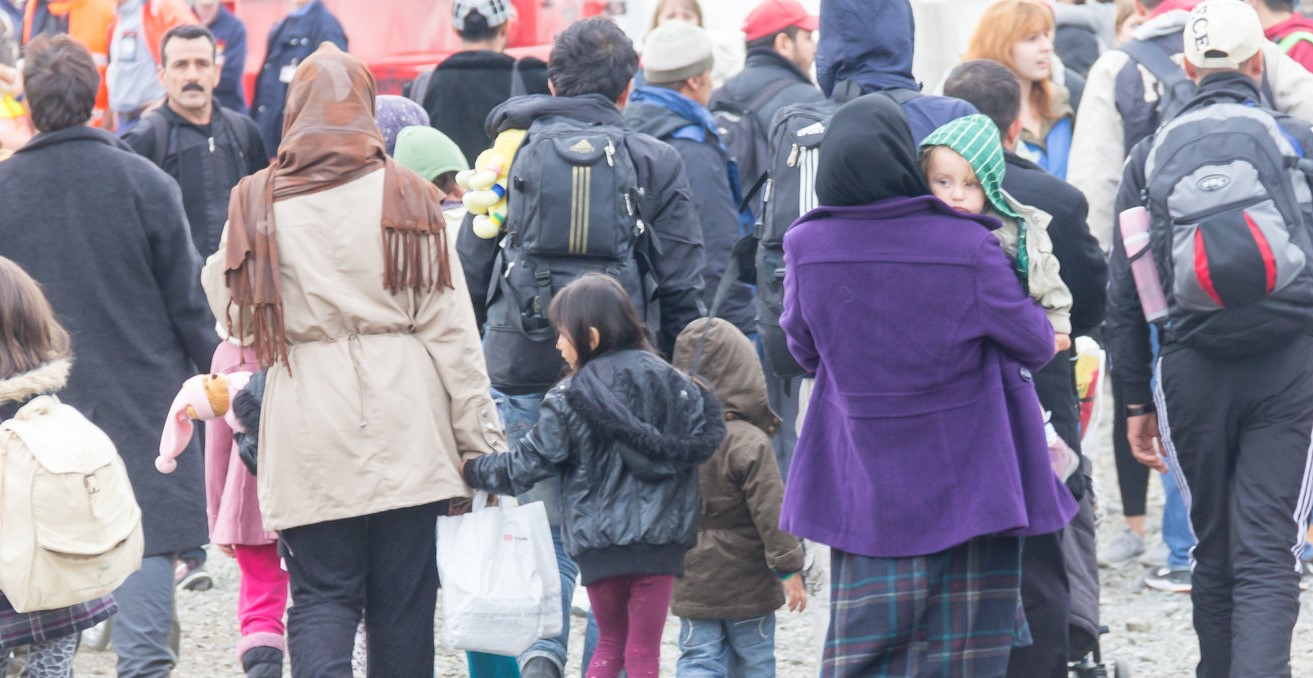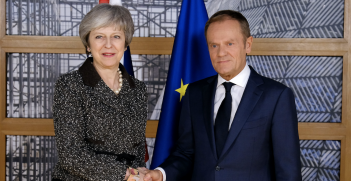Azerbaijan's Rocky Relations with Europe: Between Political Tensions and Energy Partnerships

Azerbaijan was expelled from the Council of Europe’s Parliamentary Assembly over its handling of the Nagorno-Karabakh conflict and its many democratic shortcomings. Geopolitical concerns and the urgency of natural gas cooperation are likely to prompt reengagement and repair strained relations.
In a significant turn of events on 24 January, the Council of Europe’s Parliamentary Assembly (PACE) voted by 76 to 10 to expel the Azerbaijani delegation from the organisation. Anticipating the results of the vote, the Azerbaijani delegation preemptively withdrew from PACE in an attempt to save face. While the PACE report in the aftermath of the vote highlighted longstanding concerns regarding democratic processes, including issues with conducting free and fair elections, ensuring freedom of speech, and addressing human rights abuses, central to the expulsion were developments in the Nagorno-Karabakh region that angered some PACE members. Particularly, the PACE report criticized Azerbaijan’s lightning offensive in September 2023 that saw the country gain control of Khankendi (known as Stepanakert in Armenian), the capital of the region, leading to the mass exodus of all 100,000 Armenian residents to Armenia. Azerbaijan characterised this move as an “anti-terror operation,” a designation that has stirred controversy.
In the lead-up to 7 February presidential elections, President Ilham Heydar oghlu Aliyev further escalated tensions with the Council of Europe by issuing threats to withdraw Azerbaijan from various European institutions, including the Council of Europe and the European Court of Human Rights. The elections, which resulted in Aliyev’s landslide victory, deepened the rift between Azerbaijan and Europe. Observers from the Organization for Security and Co-operation in Europe (OSCE) claimed that the elections “lacked genuine pluralism and critical voices were continuously stifled.” Garnering a staggering 92.4 percent of the votes, Aliyev’s victory was seemingly uncontested, with his opponents widely perceived as token candidates rather than serious contenders. The main opposition parties opted to boycott the elections altogether, citing an unfair political climate. Prior to the election, the Azerbaijani government intensified its crackdown on independent media outlets, exemplified by the detention of top editors from Abzasmedia, an independent news outlet, on trumped up charges.
While recent events may suggest a significant downturn in Azerbaijan’s relations with Europe, they do not necessarily signify a permanent rupture in bilateral ties. For the past two decades, Azerbaijan’s relations with the EU have been characterised by tough bilateral negotiations rather than a one-sided affair dominated by EU’s agenda. Azerbaijan seeks close cooperation with the EU but on its own terms, aiming for a more balanced relationship that respects its sovereignty and interests. This stance has been facilitated by Azerbaijan’s increasing leverage on energy and geopolitical affairs, which has enabled it to push back against the EU’s unilateral policymaking.
Thanks to Europe’s reliance on Azerbaijani natural gas and Azerbaijan’s secular and stable leadership, European policymakers have historically viewed it as a strategic ally in the volatile South Caucasus region. Throughout the 2000s, despite its authoritarian governance, Azerbaijan’s secular regime was considered an asset in Western geopolitical strategies, particularly in the US-led global war on terror and in managing tensions with Iran.
In recent years, the relationship between the EU and Azerbaijan has taken on a somewhat conflicting character. On the one hand, there has been a noticeable trend of smooth and deepening cooperation in matters relating to energy. Azerbaijan’s strategic position as a significant energy supplier has fostered closer ties with the EU in the realm of energy security and resource diplomacy, a dynamic that has been propelled by Russia’s invasion of Ukraine in 2022. However, this cooperation stands in stark contrast to the simmering tensions and periodic conflicts over issues pertaining to democracy and human rights.
Indeed, the EU’s efforts to promote democratic values and human rights have often clashed with Azerbaijan’s domestic policies, leading to friction and discord. As one scholar noted, “Azerbaijan has been a forerunner in resisting the EU’s agenda,” demonstrating a resilience that has tested the EU’s transformative power to its limits.
In the wake of Russia’s invasion of Ukraine which has seen Russian exports to Europe cease entirely, and European gas prices surge to astronomical levels, the EU signed an MOU with Azerbaijan in July 2022 to double Azerbaijan’s gas exports over the next 5 years. During her visit to Azerbaijan for the occasion, European Commission President Ursula von der Leyen called Azerbaijan “a key partner in our efforts to move away from Russian fossil fuels,” elevating the strategic leverage of Azerbaijan vis-à-vis Europe.
However, the EU’s gas situation began to stabilise by 2023 as liquefied natural gas (LNG) imports from the United States and Qatar surged, complemented by the expansion of renewable energy sources and nuclear power. This diversification strategy, coupled with efforts to enhance energy efficiency, contributed to a notable drop in gas prices to pre-war levels by February 2024.
Last December, the Azerbaijani government announced that it was on track to double its gas exports to Europe by 2027. However, significant challenges persist, particularly regarding the actual commitment from European buyers to purchase the additional gas promised by Azerbaijan. As of now, the consortium overseeing gas exports from Azerbaijan has secured commitments for only 1.2 billion cubic meters per year, a far cry from the 10 billion cubic meters needed to achieve the stated goal of doubling exports.
Azerbaijan’s reliance on leveraging gas exports as a means to gain influence over Europe is not a sustainable long-term strategy. In a region where Russia and Iran assert aggressive expansionist policies, Azerbaijan requires Western partners to effectively counterbalance them. With the impending conclusion of the Russian peacekeeping mission in 2025, and Azerbaijan’s desire to see them depart, aligning with Russia at the expense of Europe would not serve Azerbaijan’s best interests.
Thus, there are indications that President Aliyev’s harsh anti-European rhetoric may have been more of a temporary populist manoeuvre rather than a fundamental shift in Azerbaijan’s approach to the EU. Azerbaijan not only relies on energy cooperation with the EU but also seeks to avoid being associated with Russia and Belarus within the European community of nations. Furthermore, Azerbaijan’s comparison of itself with its smaller neighbours, Georgia and Armenia, both of which have made significant strides towards European integration, underscores the reputational risks of distancing itself from European institutions.
Recognising the need for damage control, the Azerbaijani government will be inclined towards reengaging with the EU and the European Commission. President Aliyev’s statements indicate a desire for Azerbaijan to re-join the PACE. Significant democratic progress is unlikely in Aliyev’s Azerbaijan. However, the regime might entertain releasing some of the recently jailed journalists as a cosmetic change in a bid to return to PACE.
Galib Bashirov is a research fellow at the Alfred Deakin Institute, Deakin University. He holds a Ph.D. in US foreign policy toward Azerbaijan. His research focuses on the political economy of energy and state-society relations in the Middle East.
This article is published under a Creative Commons Licence and may be republished with attribution.





